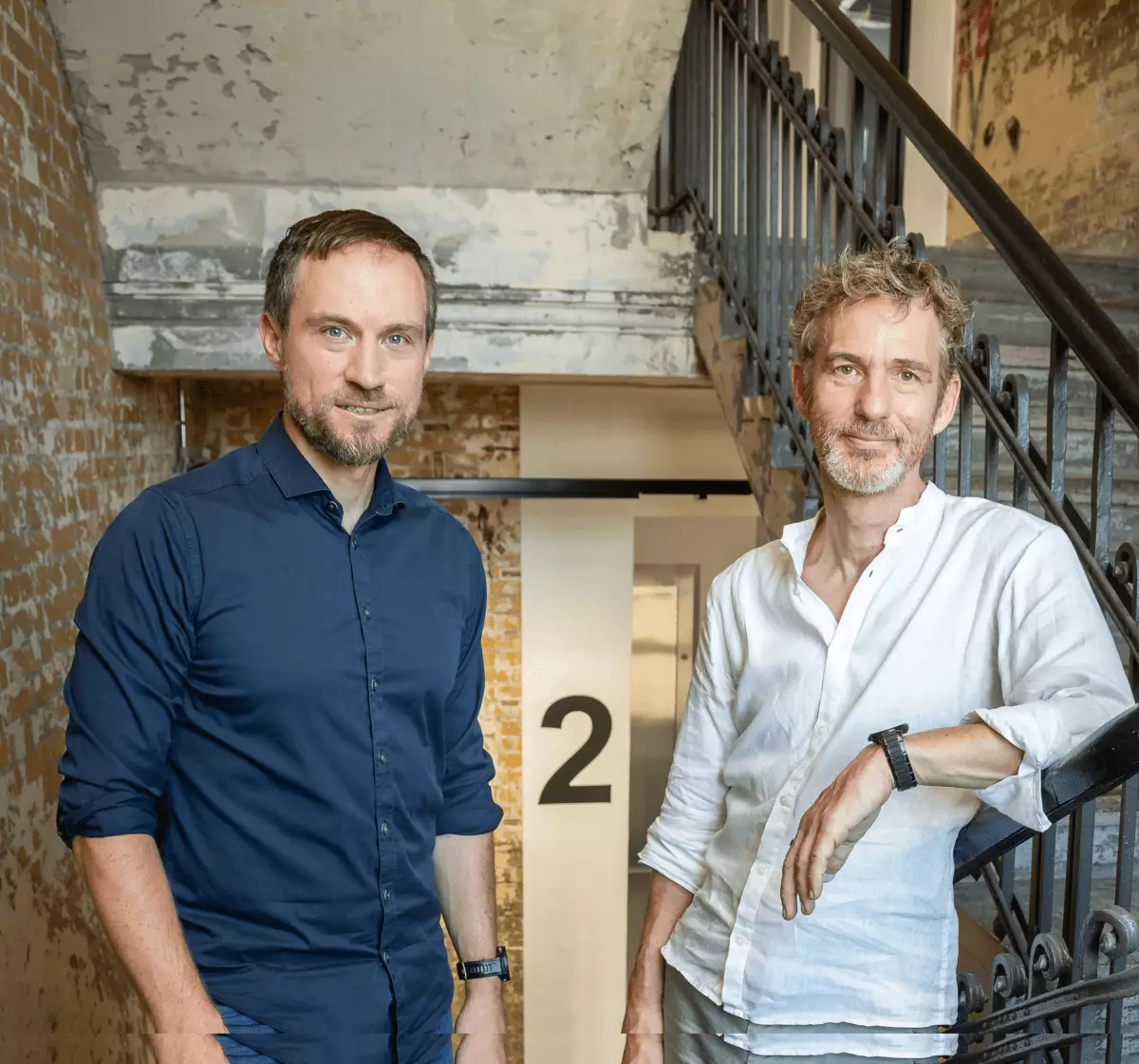The language learning platform Babbel, beloved by many for its interactive and user-friendly approach, is poised for a significant transition as Arne Schepker steps down as CEO. The company’s founder and former CEO, Markus Witte, is returning to steer Babbel into a new chapter—a transition that comes at a time of rapid technological advancement, particularly in the realm of artificial intelligence (AI). This leadership shuffle reflects not only internal dynamics but also an eagerness to harness AI’s potential in language education, while maintaining a strong commitment to the company’s culture and mission.
After dedicating almost five years to Babbel as its solo CEO, copious responsibilities weighed heavily on Schepker. Despite increasing revenue by sixfold, reaching about $300 million, and expanding the team to nearly 1,000 members, Schepker recognized that the role required a complete and unwavering commitment—something he felt he could no longer provide. His decision is marked by a thoughtful self-assessment and an understanding of his limitations. “As a CEO, you need to devote 180 percent of your energy,” Schepker articulated, revealing insight into the demanding nature of leadership.
The transition towards Witte is strategic—the founder’s familiarity with the company and its ethos is invaluable. Schepker applauds Witte’s ability to resonate with the company’s culture, which is pivotal for maintaining continuity during this evolutionary phase. With Zschepker’s departure, Babbel is not merely losing a leader; it is allowing space for new ideas and perspectives to thrive through Witte’s vision.
Under Witte’s interim leadership, Babbel is gearing up to integrate AI in an unprecedented manner. The potential of AI to revolutionize language learning is undisputed, and Witte is poised to leverage this shift to enhance Babbel’s offerings. While Babbel has utilized machine learning behind the scenes, it historically emphasized its expert-driven approach to course creation. As AI technology evolves rapidly, the company acknowledges the need to adapt and be proactive rather than reactive.
Witte’s perspective acknowledges the unpredictable nature of AI advancements, stressing the necessity for agility. “At this stage, even larger entities don’t fully comprehend what the next generation of technology will accomplish,” he remarked. This admission highlights a crucial factor for companies like Babbel: the importance of staying nimble in an ever-changing environment.
Despite technological advancements, both Schepker and Witte emphasize that Babbel’s foundation is rooted in human connection and communication. Language is inherently social, aiming to foster relationships. As Schepker aptly noted, the human aspect of language learning remains paramount. The forthcoming incorporation of AI is not solely about technology, but rather about enhancing human experience—transforming the arduous task of language learning into a more personalized journey.
There is an earnest ambition to blend Babbel’s extensive expertise in didactics with AI capabilities, which promises to enhance the learning experience significantly. The goal remains clear: simplify the language acquisition process while preserving the essential interpersonal facet of language. This vision possesses the potential to redefine the learning landscape, creating tailored experiences that resonate with users’ desires for connection.
Creating Delightful Experiences for Users and Employees
As part of Babbel’s strategic pivot, Witte is focused not only on user empowerment but also on nurturing a positive internal culture that will benefit employees. The aspiration to create “moments of delight” reflects a holistic approach to leadership that values emotional engagement. Witte believes that cultivating joy among employees and users will spearhead a more vibrant learning community.
By facilitating enjoyable and fulfilling experiences within the workplace, the hope is to translate this energy into the product offering. Satisfied employees are likely to lead to satisfied customers, creating a virtuous cycle that propels Babbel forward into a new era. The significance of emotional connections should not be underestimated, especially in industries focused on human interaction.
The Path Ahead: A Blending of Tradition and Technology
As Babbel takes its first steps into this new era under Witte’s leadership, it is important to recognize the delicate balance between tradition and innovation. The foundations laid by Schepker remain intact while promising excitement in the exploration of AI and modern educational methodologies. Looking forward, the challenge lies not just in the adoption of new technologies but in ensuring they enrich the core mission—facilitating meaningful human connections through language.
This leadership transition is not merely a change in person but a shift in philosophy. Babbel is set to navigate both the opportunities and challenges presented by AI, all while steadfastly holding onto its human-centric mission. With a founder back at the helm, the company may very well be in a unique position to capitalize on this critical confluence of technology and human experience. This fact positions Babbel on the verge of an exciting and transformative chapter in language learning.


Leave a Reply